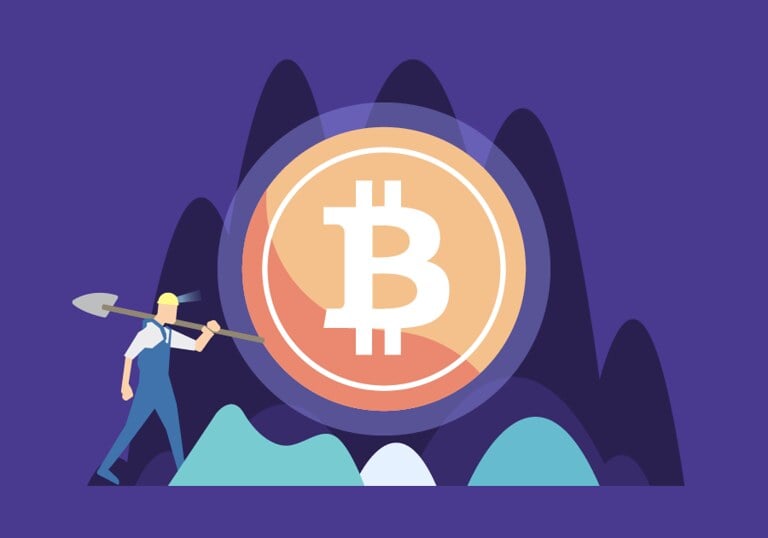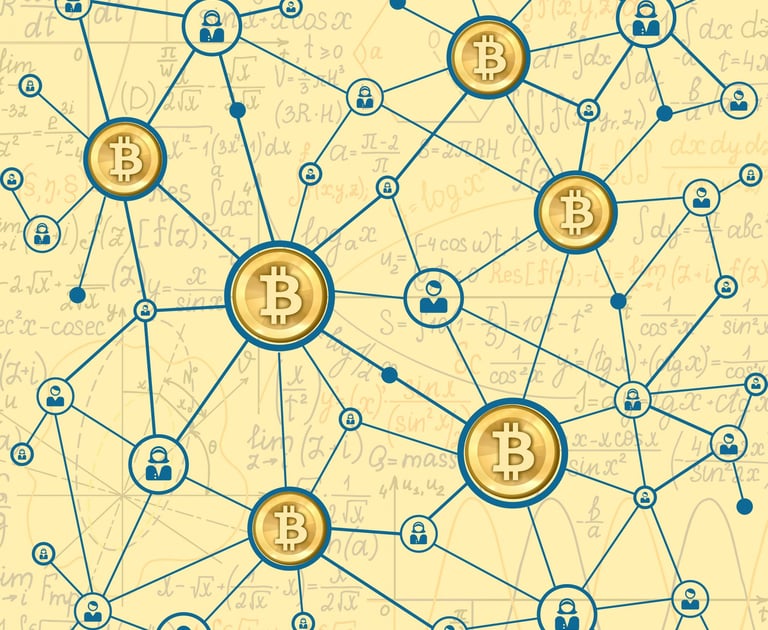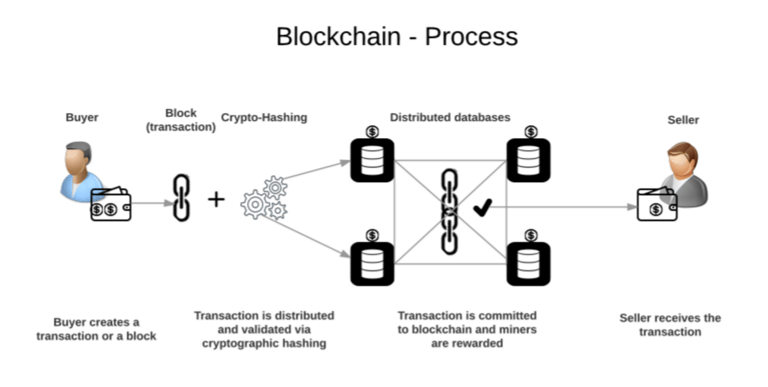WHAT IS BITCOIN?
Bitcoin is a digital currency created in 2009 that operates on a decentralized network. It allows for peer-to-peer transactions without the need for intermediaries like banks.
WHAT'S BITCOIN?
If you have no idea what cryptocurrency is, Bitcoin is like digital cash that you can use to buy things online or send to others without needing a bank. It's created and managed by a community of people using computers all around the world, rather than being controlled by a single company or government. Transactions with Bitcoin are recorded on a public ledger called the blockchain, making them secure and transparent. It's known for its decentralized nature and limited supply, which can affect its value.
Understood?
Let's complicate it a bit more...
Bitcoin is a decentralized digital currency, often referred to as cryptocurrency, that enables peer-to-peer transactions without the need for intermediaries like banks or governments. It was created in 2009 by an unknown person or group of people using the pseudonym Satoshi Nakamoto. Bitcoin transactions are recorded on a public ledger called the blockchain, which is maintained by a network of computers called miners. Bitcoin's supply is limited to 21 million coins, making it a deflationary asset. Its value is determined by supply and demand dynamics in the market and is known for its price volatility.


Confused?
Let us look at different key terms separately 🔍


MINING
Mining in Bitcoin involves validating transactions and adding them to the blockchain by solving complex mathematical puzzles. Miners compete to find the solution, known as the "proof of work," which requires significant computational power. Once a miner successfully solves the puzzle, they add a new block to the blockchain and are rewarded with newly created bitcoins and transaction fees. Mining ensures the security and integrity of the Bitcoin network by preventing double-spending and maintaining the decentralized nature of the system. However, it consumes substantial energy and has led to concerns about environmental impact.


BLOCKCHAIN
A blockchain is a decentralized and distributed digital ledger that records transactions across a network of computers. Each transaction is verified and added to a "block," which is then linked to the previous block, forming a chain of blocks hence the term "blockchain." Once recorded, the information in any given block cannot be altered retroactively without the alteration of all subsequent blocks, which makes it highly secure. Blockchains are used in various applications beyond cryptocurrencies, such as supply chain management, voting systems, and decentralized finance, due to their transparency, immutability, and resilience to tampering.


Let's take a look at the whole process 👀
Therefore Bitcoin...
It represents a groundbreaking innovation in the realm of finance and technology. Its decentralized nature offers a level of autonomy and transparency that traditional financial systems lack. Bitcoin provides individuals with greater control over their finances, enabling peer-to-peer transactions without the need for intermediaries like banks. Additionally, its finite supply and deflationary model have attracted investors seeking an alternative store of value. However, challenges such as price volatility, scalability issues, regulatory uncertainty, and environmental concerns surrounding its energy consumption remain. Despite these challenges, Bitcoin continues to gain traction and has the potential to reshape the future of money and finance.
ADVANTAGES
DISADVANTAGES
Bitcoin offers numerous advantages, including decentralization, low transaction fees, borderless transactions, security through blockchain technology, a limited supply that preserves value, financial inclusion for the unbanked, ownership and control over funds, and the potential to serve as an inflation hedge. These features empower users with greater autonomy, enable cost-effective and efficient transactions globally, and provide a hedge against economic instability, making Bitcoin an increasingly appealing option for individuals seeking alternative financial systems and investment opportunities.
Bitcoin also presents several disadvantages: it's highly volatile, with its value subject to rapid fluctuations; scalability issues can lead to slower transaction processing times; regulatory uncertainty across jurisdictions poses legal risks; its energy-intensive mining process raises environmental concerns; transactions are irreversible, lacking consumer protections; acceptance as a means of payment is limited; its technological complexity may deter mainstream adoption; and its association with illicit activities can harm its reputation and regulatory acceptance. These drawbacks underscore the challenges and risks involved in using Bitcoin as both a currency and an investment.
